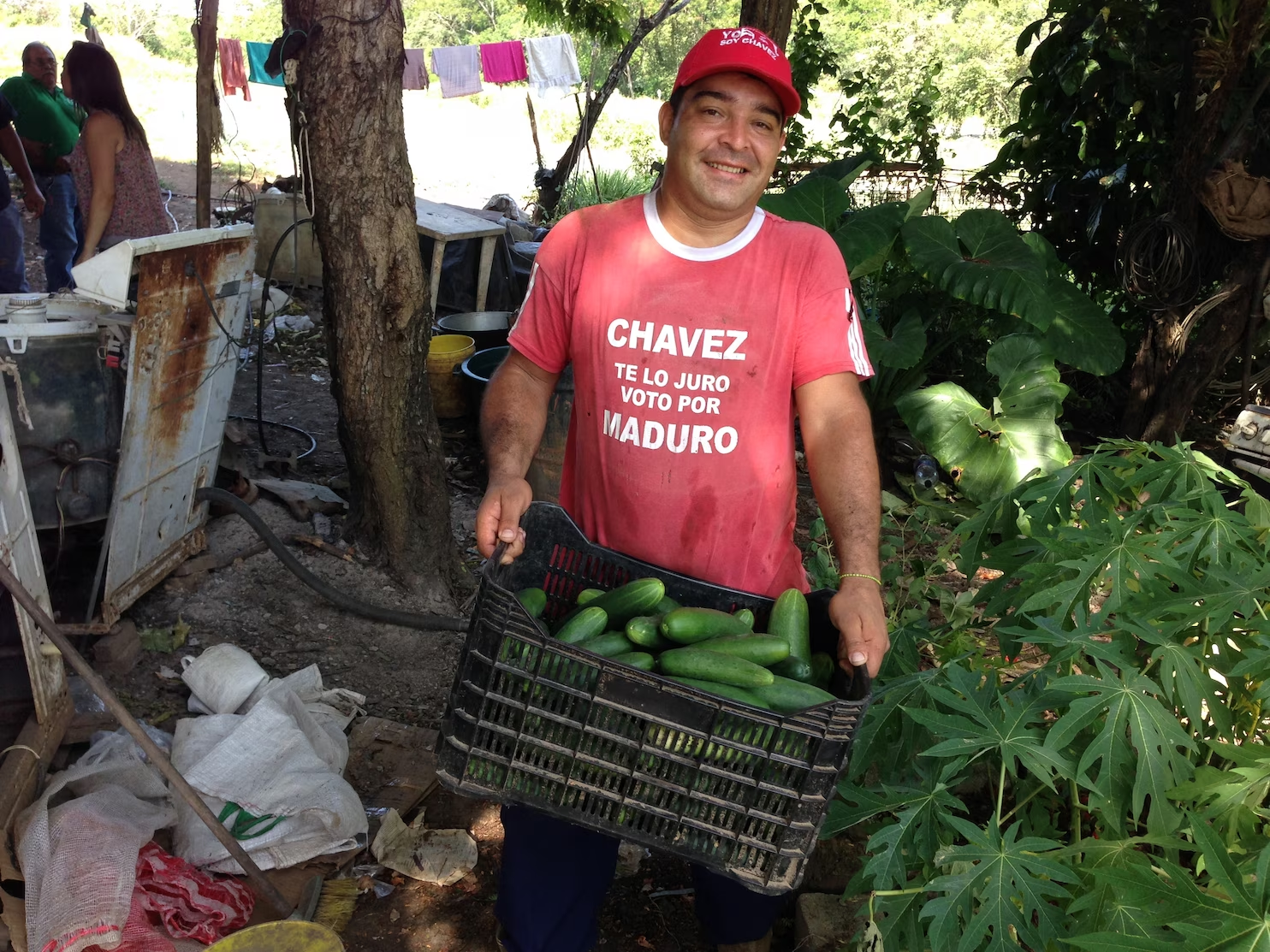By Forrest Hamilton

How should people live after the revolution? Venezuela has an answer to this question, socialist communes. The article, “Mészáros and Chávez: The Philosopher and the Llanero” by Chris Gilbert delves into the political theory developed by Hungarian intellectual, Istavan Mészáros and the application of this theory through his close relationship with previous Venezuelan president, Hugo Chávez.
When conversations about socialism arise in the US, many skeptics point to the collapse of the soviet system as evidence that socialism is not possible. The error here is in defining the Soviet Union as socialism. The gulags, that many try to tread lightly around to defend the soviets, were not brought about by socialism. Gilbert explains, “The Soviet system was a capital system, even if not a capitalist one”. The government was attempting to make its people focus on production goals that the people had no reason to care about. The revolution in Russia brought about a post-capitalist society but failed in continuing the push for a more socialist organization of labor, one that could give people reason to work without externally applied incentives. This is how Mészáros concluded that communes were the best way to move forward, which, as Gilbert shows, is also in agreement with Marx’s philosophy.
Communes promote cooperation and pride in the labor being undertaken. When the products being produced will go directly to the people around you, as well as your family, the interest in labor increases as well as the quality of the product. For example, building bad chairs or producing bad food will immediately lead people around you to complain. None of us want lousy products, food, or medical care, and the communal system keeps production in check using a social pressure rather than an economic one. While the realization of using this method to leave the capitalist system is somewhat new, the Native Americans lived communally for hundreds of years producing and working only for the people around them. The state was not needed then and is not needed now, because when a community is so interconnected the democratic process can be entirely internal. Many people are dying to find a job that “makes a difference” in the US. People will have reason for their labor if what they are working on has been democratically agreed upon by the community and they feel the appreciation for their work from people around them. A more socialist system, a commune, provides the ability to bring pride to working for the improvement of the community and an interconnectedness that we are so distant from under capitalism.
The development of communes in a post-revolutionary context is not a simple task. To advance socialism to this form, communities must work from the inside out. As in revolutionary struggle, the process must be grassroots, resulting from self-determined work. Mészáros likens this process to renovating a house from the inside, working on the components that immediately affect the community first. How did Venezuela come to start this work? In the 2000’s partially state funded cooperatives were produced, but this led to many businesses keeping a capitalist structure leading to competition with other cooperatives. Then the state took a stronger hold by owning the businesses and trying to run them but this interference from state officials eventually led things downhill. Therefore, Chavez pointed the country in a new direction “that transcended these constraints: the commune.”
By Forrest Hamilton